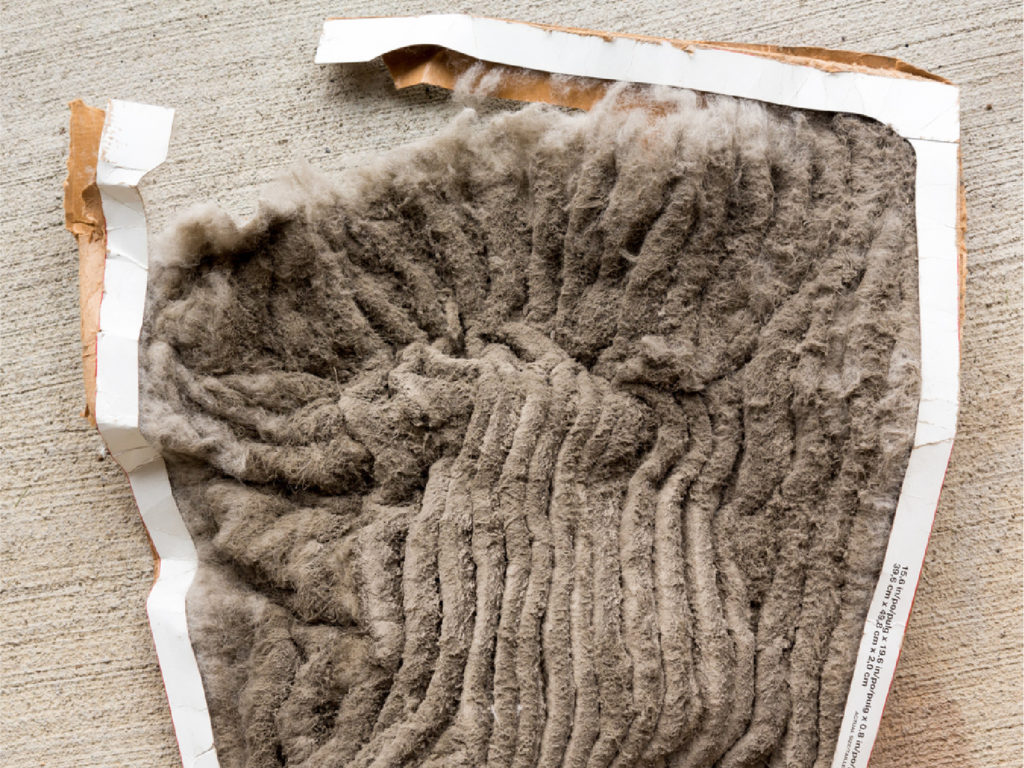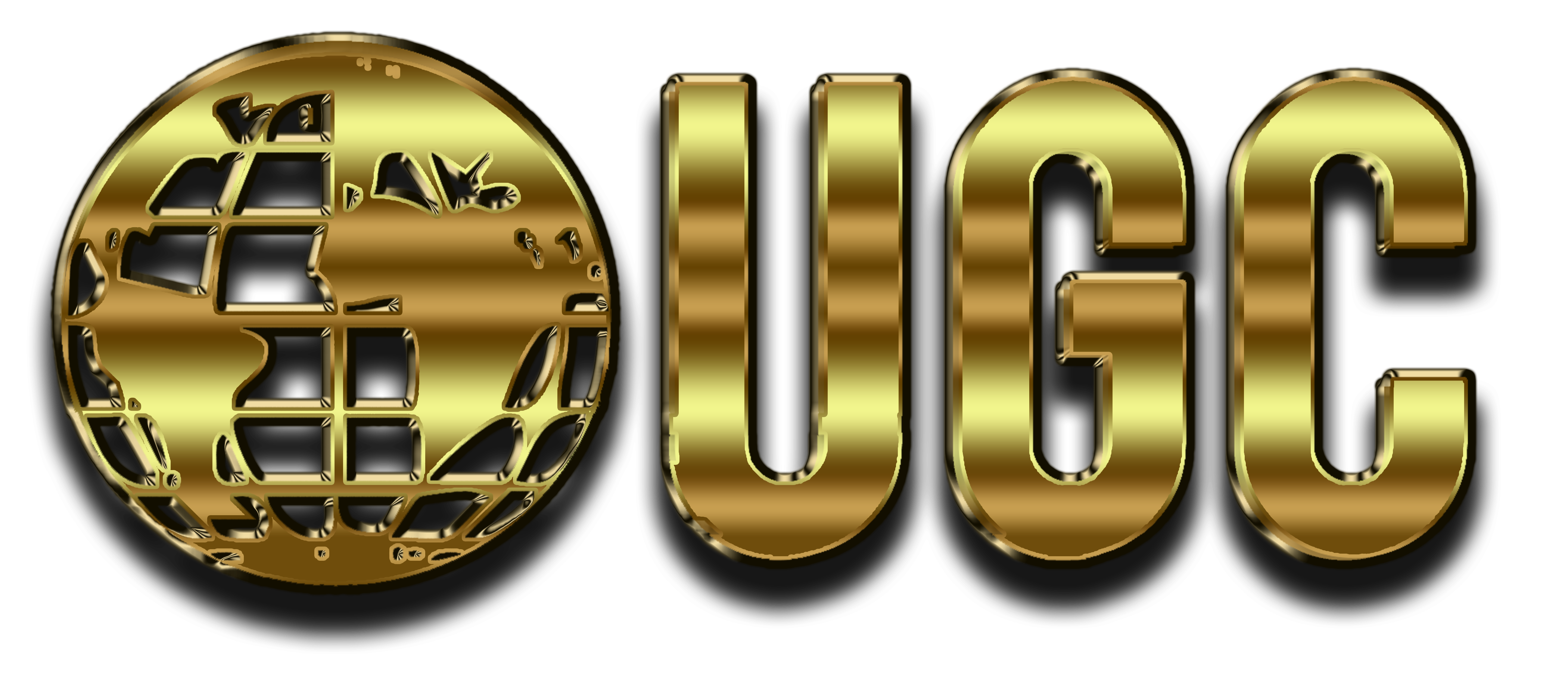What happens when you don’t change the ac filter?
AC filters are one of the most ignored components at home. Why wait until your unit malfunctions or breaks down in order to take action? You see, your filters play a major role in cleaning the air that passes through AC. They trap and prevent particulates and contaminants that would otherwise affect the health of those living at home.
While it’s possible to run your system with no filter in the air conditioner, HVAC experts don’t recommend it at all. Why? It’s because having no filter in the air conditioner leaves your system susceptible to all kinds of debris and dirt that would break down your HVAC system or result in expensive repairs.
How Often Should Filters Be Changed?
So “How often should I change my furnace filter?” This is a question many homeowners ask and the answer depends on various factors. They include: the type of filters used, your indoor air quality, the number and types of pets at home, the number of house occupants etc. A good rule of thumb according to HVAC experts is to replace the air filter every 30-90 days and not exceeding 90 days.
Depending on the type of air filter you are using, you will need to follow different schedules to ensure that the filter is always functioning for optimal performance. Most manufacturers recommend that basic filters are changed every 30 to 60 days, but there are other circumstances that could affect that schedule. A filter in a regular home with no pets should be changed every 90 days.
3 things that happen when you don’t change your air conditioner dust filter
When air filters are not consistently changed, they get clogged by the buildup of particles and contaminants that stick to the filter. While the filter is designed to accommodate these minuscule items, the buildup creates an almost impenetrable barrier so that the air cannot completely flow through, which can ultimately cause multiple problems for the entire HVAC system.
Higher Energy Bills
When the filter becomes clogged, air cannot easily flow through the system. This causes the whole system to have to work harder to distribute heat or air where it is needed, which increases your utility bills since the air is running for longer.
Poor Temperature Regulation
Since clogged air filters make the system strain to create airflow, warm or cool air cannot adequately go where it is needed. This means that some rooms could be too cold during the winter or too hot in the summer.
Health Concerns
If the air filter is clogged and cannot trap contaminants as it did before, those things can end up back in the air that everyone in your home is breathing. Immediate issues could include headaches, itchy eyes or throat, and dizziness. If the air filters are not changed and the issues continue, the long-term effects could be respiratory diseases, heart disease, or cancer.
Furnace Failures
As the system is working harder to get around clogged air filters, it can cause the entire system to overwork and eventually break. If this happens, you’ll need to replace the entire system, which can cost anywhere from $4,000 to $12,000. Air filters usually cost less than $40, so they are easy to replace frequently compared to replacing the entire system.
Clamped-Up Coils
Evaporative coils, which help remove heat from the air to keep your home cool, can freeze up if they are overworked. With a clogged air filter, the air won’t flow over the coils correctly, which makes them stop working and leads to total system failure. Again, the price to fix this issue is greater than simply purchasing a new air filter every few months. Protect your HVAC system and your wallet by replacing the air filters on a regular schedule.
MONEY COMFORT AND HEALTH ARE AT RISH FOR FAILURE TO CHANGE THE FILTER ON A REGULAR BASIS
Changing your air conditioner dust filter isn’t an option. Here’s what happens when you don’t change it:
- You’ll end up spending more on energy bills. As previously discussed above, failing to change your filter means debris and dirt will soon clog your unit, causing it to overwork. This in turn raises your energy bills.
- It takes longer to cool your home. With an old air filter running, you’ll notice that it takes so much time for your AC to cool you home. You may also notice certain rooms getting cooler than others. If this is the case, then you should definitely consider replacing your filters.
- Your health is at risk. If your air filter is clogged with dirt and debris, and can no longer trap contaminants, your health and those around you could be at risk. The contaminants can end up back into the indoor air that you breathe. This can cause health issues such as dizziness, headaches, irritable eyes or throat etc. Long-term side effects of this could be respiratory infections, heart problems or even cancer.
How Do Air Filters Work?
Air filters are generally made of spun fiberglass or pleated paper and surrounded by a cardboard frame. They are inserted into a specific place in the HVAC systems and act as a barrier to prevent contaminants and other particles from circulating in the air, or from reaching sensitive parts of the system. Some of the common things that filters block are dust, pollen, lint, mold, hair, animal fur, bacteria, and more.
What To Do
If you haven’t changed the air filters in your home lately, your next step should be to figure out which filters you need and replace them as soon as possible.

